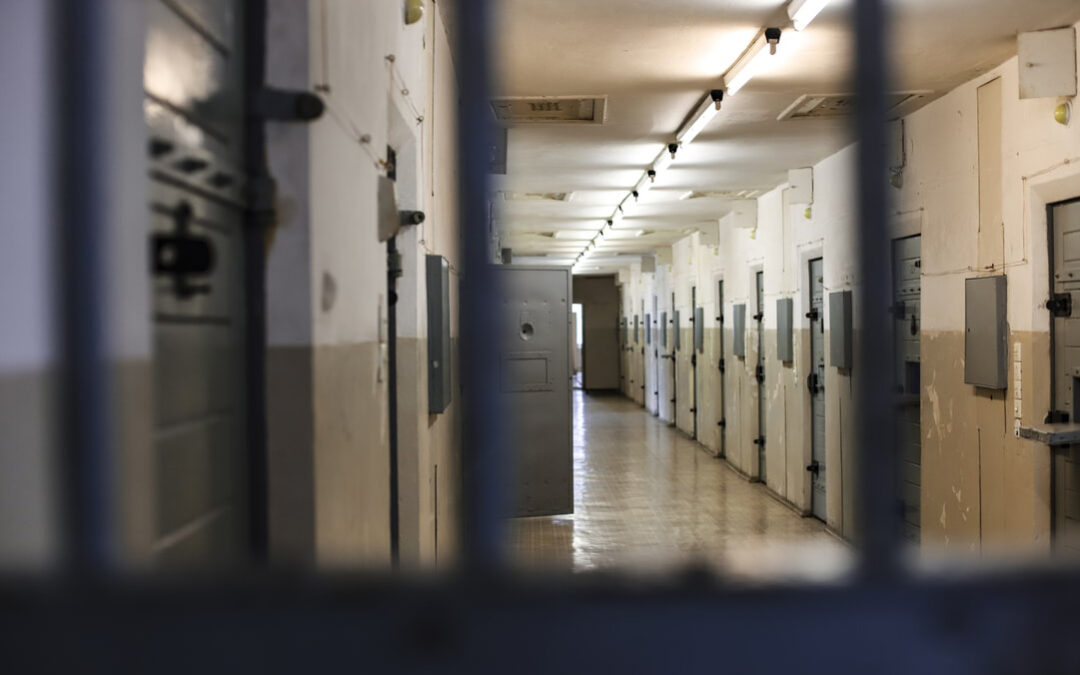TACOMA, WA, JULY 28, 2022 – Columbia Legal Services (CLS) reached a settlement agreement with the Department of Children, Youth, and Families (DCYF) on behalf of three youth held in its juvenile rehabilitation centers. The youth represented in Rogers v. Hunter had been held in solitary confinement for hours at a time, their hands cuffed behind their backs, for verbally refusing to submit to a strip search. Under these conditions, they were deprived of food, water, sleep, and bathroom access until they agreed to be strip searched. The lawsuit challenged DCYF’s inhumane and unconstitutional treatment of the youth in its care, all of whom were at risk of being subjected to this practice.
The named plaintiffs, Michael Rogers, Damien Rivera, and Ron Ackerson, each faced isolation, restraint and deprivation as punishment for verbally refusing to be strip searched by DCYF staff. A strip search in any context is invasive and degrading, but particularly emotionally damaging for children and youth. Courts have described them in terms such as dehumanizing, humiliating, terrifying, embarrassing, repulsive, and signifying degradation and submission.
“I’m happy that they are changing stuff so that no one has to go through the traumatic experience of being locked up in handcuffs and dealing with all that because it effects your psychology and your brain and everything,” said plaintiff Damien Rivera of the lawsuit’s outcome.
In addition to $102,000 in damages, the agreement requires DCYF to work with Columbia Legal Services to create robust new policies related to strip searches and refusals. These policies will specify that youth restrained in solitary confinement cannot be deprived of food, water and bathroom access, institute strict reporting requirements for all incidents of restraint in isolation following refusal to strip search, and ensure that youth receive medical and mental health care following restraint in isolation. DCYF will also be required to submit regular compliance reports to CLS for a period of three years.
Most importantly, DCYF can no longer use restraints and isolation on any youth for refusing a strip search, unless there is a specific, credible, ongoing threat to safety with no other means to resolve. Contact information for CLS will be posted in all DCYF facilities so that anyone held there may seek help and enforcement of these new protections during the monitoring period.
“Youth who have been treated cruelly need a better answer from their caretakers than ‘This is just how things are done,’” said Sarah Nagy, a CLS attorney for the plaintiffs. “Because of these young men, the youth who move through the system after them will have protection they didn’t have.”
DCYF operates three secure juvenile rehabilitation centers in Washington where several hundred children and youth are incarcerated at any given time. As is true in all facets of the criminal legal system, young people at these facilities are disproportionately youth of color and/or living with histories of trauma, disability or mental illness.
###
Columbia Legal Services advocates for laws that advance social, economic, and racial equity for people living in poverty. We work toward a vision of a Washington State in which every person enjoys full human rights and economic opportunities. www.columbialegal.org

Recent Comments